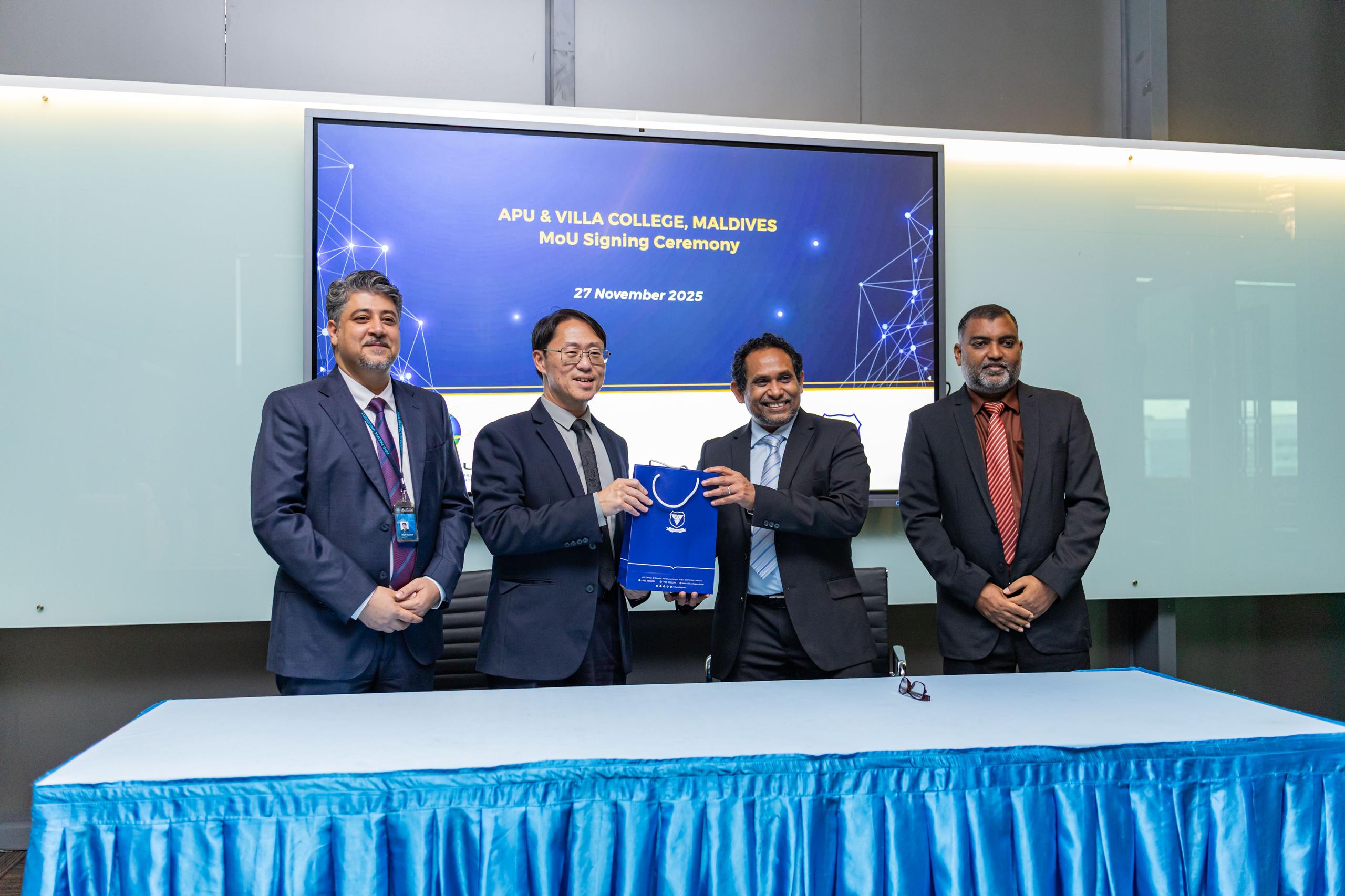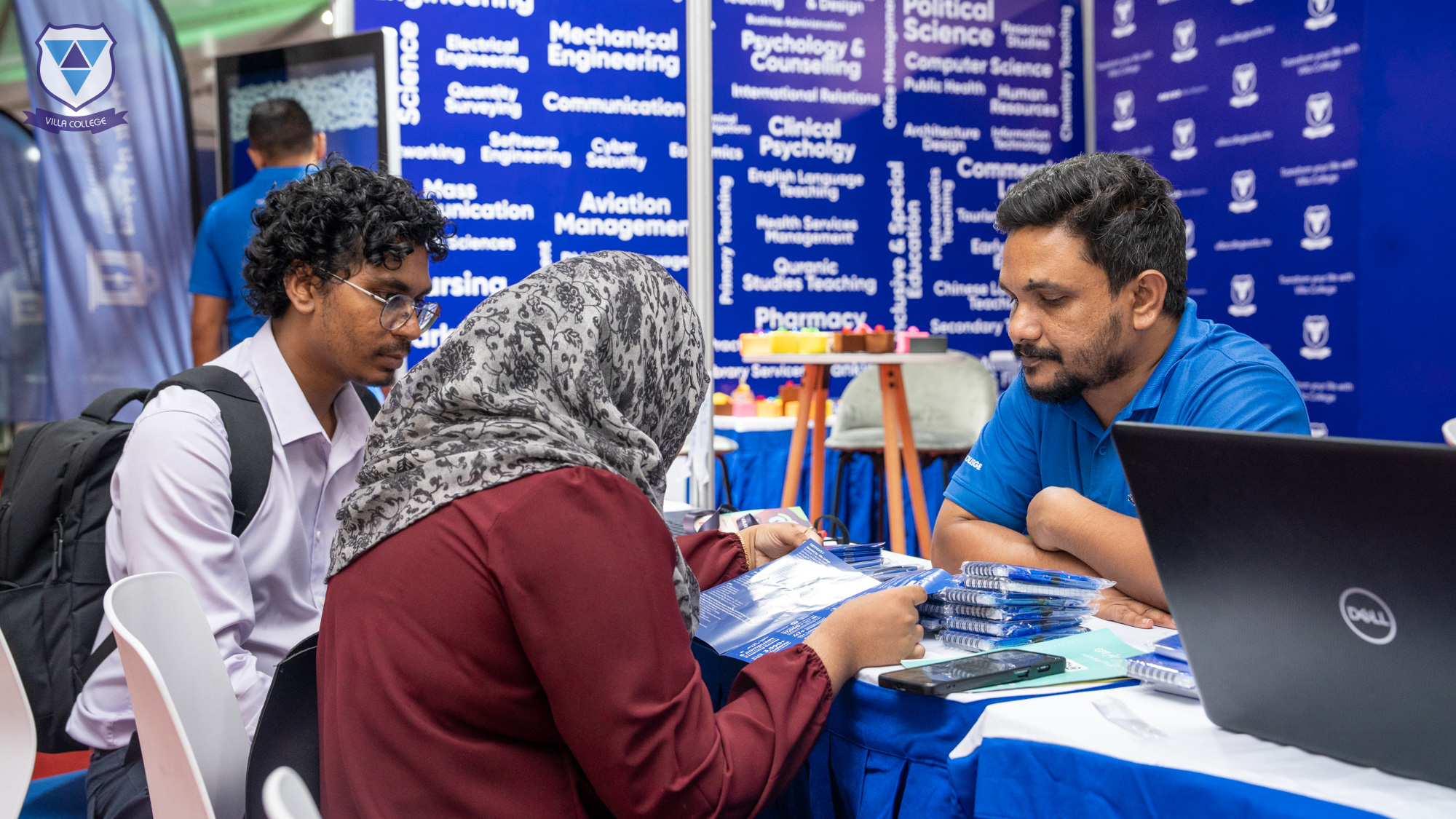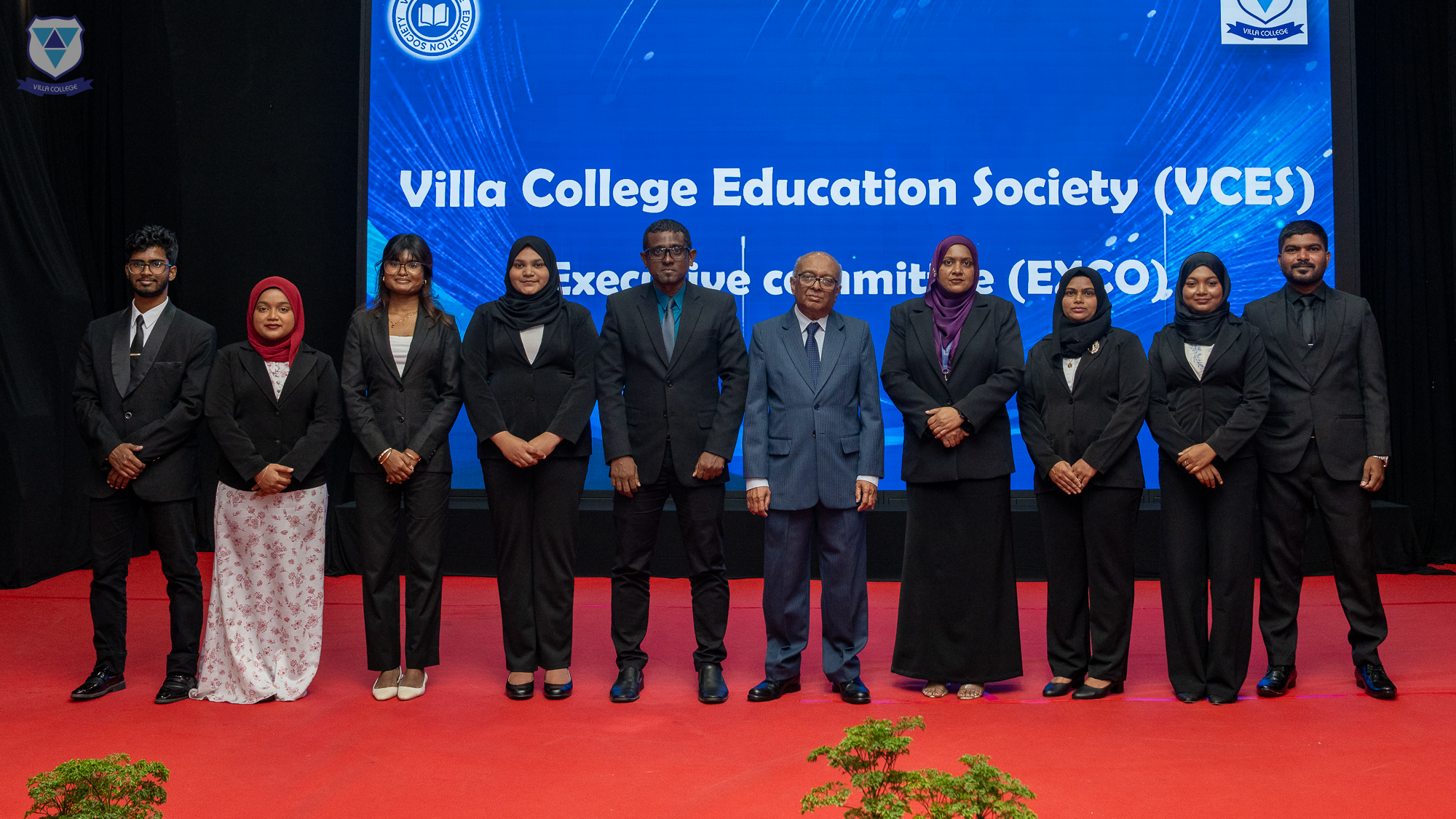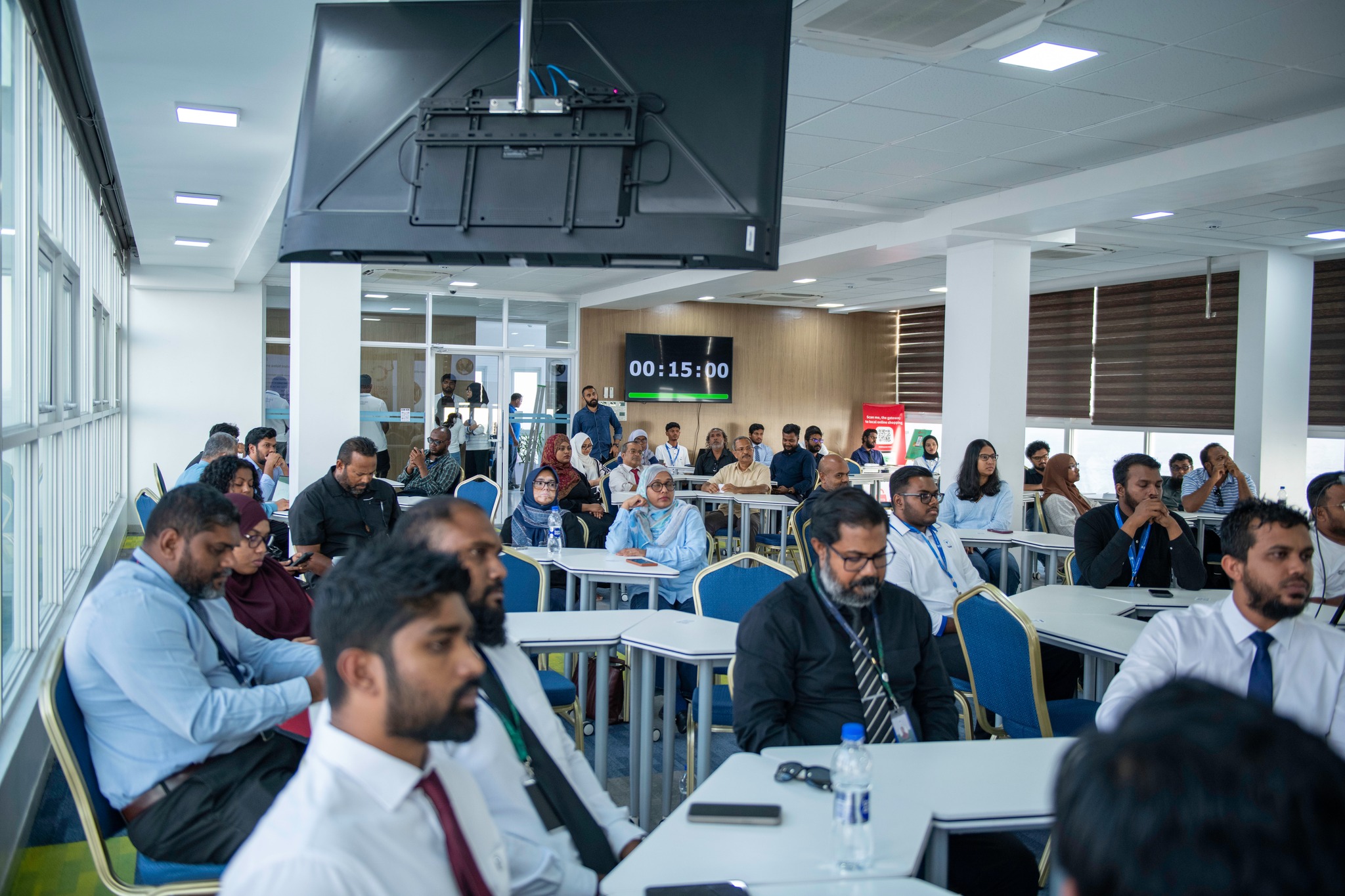
The 31st International Input-Output Association (IIOA) Conference officially commenced its main proceedings in on the morning of Tuesday, July 8th, 2025. The conference is being hosted by Villa College in collaboration with international partners. The day began with an Opening Ceremony that set a formal and collaborative tone for the event. The ceremony featured a recitation from the Holy Quran by Ali Nihaal Hassan, followed by welcoming remarks from key figures including the Chair, Sanjiv Mahajan, and the Chief Guest, Mr. Ahmed Munawar, Governor of the Maldives Monetary Authority. Remarks were also delivered by leaders from the organizing committees, including Dr. Ali Najeeb, Vice Rector of Villa College, and Chair of the Local Organising Committee (LOC), Kuishuang Feng, President of the IIOA, and Cuihong Yang of the Scientific Programme Committee, underscoring the global and local partnership that underpins the conference.
Following the ceremony, the first keynote address was delivered by Professor Robert Koopman of American University, a former Chief Economist of the World Trade Organization. Introduced by former IIOA President Satoshi Inomata, Professor Koopman presented a compelling analysis titled "From Trade Accounting to Geoeconomic Power: The Evolving Role of Input-Output Analysis in a Fragmenting World." He framed his perspective as that of a "strategic consumer" of input-output data, arguing that the field has evolved far beyond its traditional role in economic accounting. Professor Koopman's address highlighted how Input-Output (IO) analysis is now an indispensable tool for understanding and navigating complex geopolitical dynamics, strategic vulnerabilities, and national security. Citing historical precedents from Leontief to Hirschman, he illustrated how the interconnectedness mapped by IO models provides critical insights into economic statecraft and the cascading effects of policy decisions, such as the potential disruption of rare earth mineral supplies.
The themes of Professor Koopman's address were echoed throughout the day's intensive parallel sessions, where researchers from around the globe presented their work. The sessions demonstrated the vast and varied applications of IO analysis in tackling today's most pressing challenges. A significant number of presentations were dedicated to Environmental Input-Output Modelling, with topics including the analysis of carbon emissions, decarbonization pathways, and the environmental impact of household consumption. Other critical areas of focus included Trade and Global Value Chains Policies, which examined the strategic importance of critical minerals and the influence of green technology.
Further sessions delved into emerging fields such as Digital IO Accounting, analyses for a Just Transition that link economic structures with social inequality, and models for disaster analysis. The breadth of research underscored the IO community's engagement with a wide range of issues, from developing regional IO models and advancing IO theory to exploring sustainable strategies for natural resources. The first day of presentations made it clear that the work of the IIOA and its members is central to informing policy on sustainability, security, and economic resilience in an increasingly complex and interconnected world.



